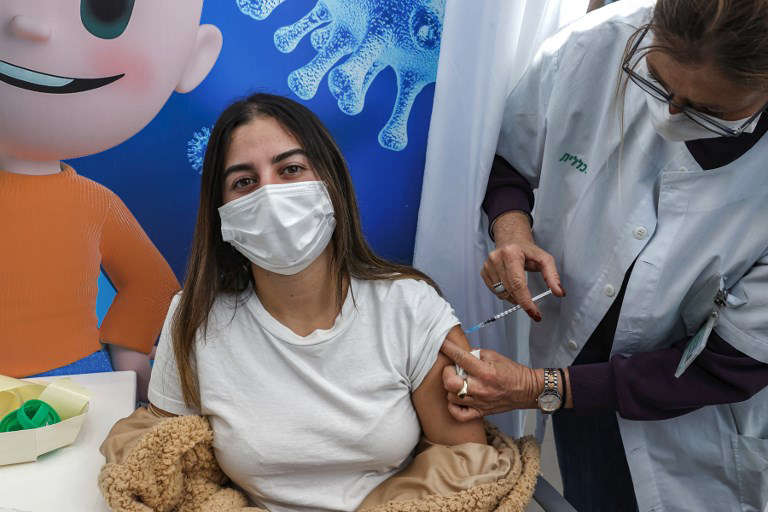All young people between the ages of 16 and 17 should be vaccinated against the coronavirus, the Superior Health Council in Belgium has recommended.
Within this age group, risk patients will be vaccinated quicker, as with adult risk patients, according to the report published on Thursday.
"Those without comorbidities will be vaccinated according to the modalities planned by the Task Force for the general population during phase 2 of the Belgian campaign. It should be kept in mind that age remains the main driver of the COVID-19 epidemic and that the lower the age group, the smaller the individual benefit of vaccination," the report stated.
Vaccinating this age group, which represents around 2.16% of the Belgian population, will contribute to increasing the overall percentage of the Belgian population that is vaccinated and the minimum target set by the authorities to vaccinate 70% of the population but will have a limited effect on the pressure on hospitals, as few people of this age group are severely impacted by the virus.
Last Sunday, Flemish Welfare Minister Wouter Beke had already said that he wanted all teenagers aged 16 and 17 in Flanders to get their first dose of a coronavirus vaccine by 11 July, but he too was waiting for the opinion of the Superior Health Council.
The positive advice from the council was based on the opinions of experts, as well as a review of the scientific literature, published in scientific journals and reports from (inter)national organisations.
In December, the European Medicines Agency (EMA) had originally approved the use of the Pfizer/BioNTech vaccine for people aged over 16 based on clinical studies, however, Belgium had not yet announced it would be administering the dose in people under the age of 18.
At the start of May, EMA began its evaluation of whether the use of Pfizer/BioNTech’s coronavirus vaccine can be extended to include young people aged 12 to 15, based on results from a large ongoing clinical study involving adolescents from 12 years old.
The Supreme Health Council is also considering its recommendations for the vaccination of children aged 12 to 15, however, with the current knowledge, it said it believes that there is still too little data, too many uncertainties and many important ethical and scientific questions regarding vaccination of this age group.
It added that, in this context, it will also look at its recommendations for children aged 12-15 years, but stated that for healthy children, there is still too little data, too many uncertainties and many important ethical and scientific questions, especially when it comes to balancing the benefits with the risks of mass vaccination in younger people.

